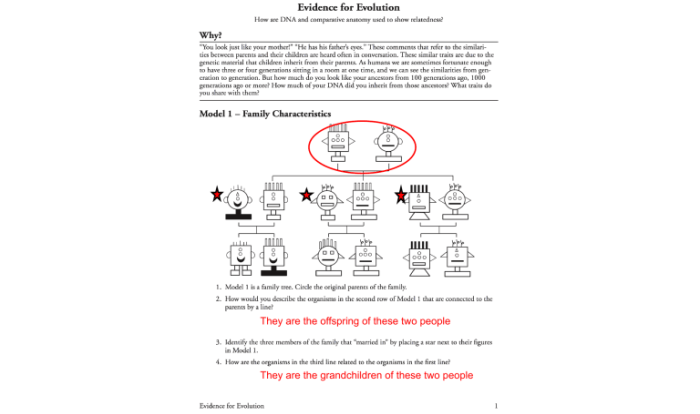Lesson 7 skills practice convert between systems answer key – Dive into the realm of measurement conversions with our comprehensive answer key for Lesson 7 Skills Practice: Convert Between Systems. This guide empowers you to navigate the complexities of converting between various measurement systems, ensuring accuracy and proficiency in your scientific and practical endeavors.
Delve into the intricacies of conversion techniques, master the application of conversion formulas, and tackle practice problems with ease. Our detailed solutions and interactive resources provide a solid foundation for understanding the significance and applications of conversion skills in real-world scenarios.
1. Understanding the Concept of Conversion Between Systems: Lesson 7 Skills Practice Convert Between Systems Answer Key

Converting between different measurement systems is crucial in various fields, allowing for effective communication and data exchange. It enables scientists, engineers, and individuals to compare and interpret measurements taken using different units or standards.
However, conversions can also introduce challenges and errors. Misinterpretations of units, incorrect formulas, or rounding mistakes can lead to inaccuracies. Therefore, it is essential to understand the principles and techniques of conversion to ensure precision and reliability.
2. Conversion Techniques and Formulas
There are numerous conversion formulas available for common measurement systems. These formulas provide the mathematical relationships between different units, enabling conversions between them. For instance, to convert from miles to kilometers, the formula is 1 mile = 1.609 kilometers.
Applying these formulas involves multiplying or dividing the given value by the appropriate conversion factor. For example, to convert 10 miles to kilometers, we multiply 10 miles by 1.609 kilometers/mile, resulting in 16.09 kilometers.
To simplify conversions, interactive tables or infographics can be created to summarize the formulas and provide quick references for different measurement systems.
3. Practice Problems and Solutions
Practice problems are essential for reinforcing conversion skills. These problems can be categorized into different difficulty levels, allowing learners to gradually develop their proficiency.
Detailed solutions should be provided for each problem, explaining the reasoning behind each step and the application of relevant conversion formulas. This helps learners understand the thought process involved in conversions and identify potential errors.
4. Applications in Real-World Scenarios
Conversion between systems is widely used in various fields, including science, engineering, and everyday life. In science, it enables researchers to compare measurements from different experiments or studies that use different units.
In engineering, conversions are crucial for designing and constructing structures, ensuring compatibility between components, and verifying specifications. In everyday life, conversions are essential for tasks such as cooking, travel, and home improvement.
Accurate conversions are critical in these applications to ensure safety, efficiency, and reliability. Case studies or scenarios can be presented to demonstrate the practical significance of conversion skills in real-world situations.
5. Resources for Further Learning
For students seeking to enhance their conversion skills, there are various resources available, including books, websites, and videos.
These resources can be organized by topic or difficulty level, providing learners with tailored materials to suit their specific needs. By utilizing these resources, students can deepen their understanding of conversion techniques and expand their knowledge in this area.
FAQ
What are the common challenges faced during conversions between measurement systems?
Inaccuracies can arise due to incorrect formula application, unit misinterpretation, or rounding errors. Careful attention to units and precise calculations are crucial for accurate conversions.
How can I improve my conversion skills?
Practice regularly using conversion formulas and solving practice problems. Utilize online resources and textbooks to reinforce your understanding and build proficiency.
What are the practical applications of conversion skills in everyday life?
Conversions are essential in cooking (recipe scaling), construction (unit conversions for blueprints), and travel (currency exchange and distance conversions).
